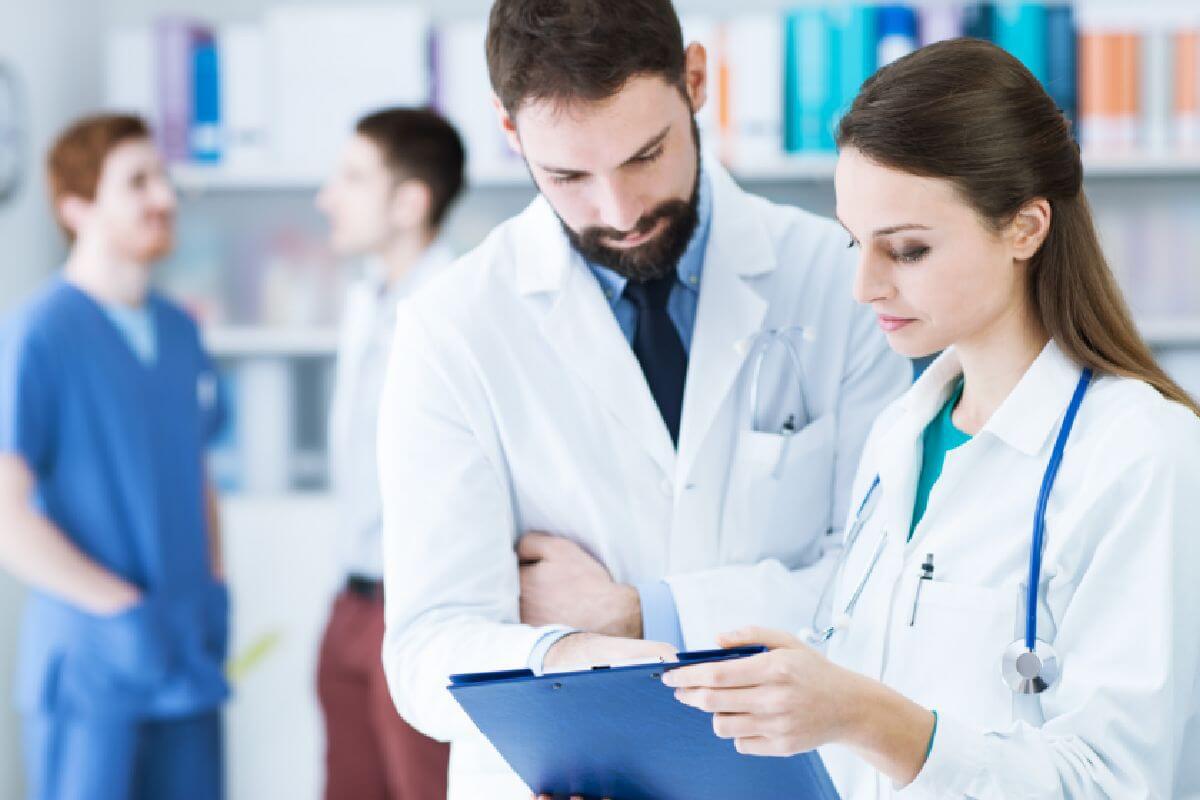Addiction In The Medical Industry
It is not surprising to know that addiction also happens among medical practitioners and nurses. Doctors and nurses are also prone to addiction and if not handled with care in this case, it can lead to more problems in their work. You may not expect it but addiction occurs in many health care employees. There are so many things which can cause doctors and nurses to become drug abusers, just like other experts in other professions. The pressure that comes with their job could be one of the reasons as to why they have resorted to the use of the drugs.

All over the world, over 100,000 nurses, doctors, technicians and other medical experts are victimized by an addiction of some sort, usually narcotics like Fentanyl and Oxycodone, based on the broadcast of UK Today.
Unlike other people, medical professionals can procure drugs more easily, making it easier for them to fall into addiction or continue it.
While addiction rate in medical professionals is high, the encouraging news is that this group also has a high recovery rate following treatment.

Warning Signs Of Dependency Within Medical Professionals
Doctors and nurses who are addicted tend to live normally and it is quite difficult to tell if they are really addicted. People around them cannot realize they are addicted since they will be living a normal life for sometime.
Feel free to contact us on 0800 246 1509 if you are a health care employee or if you know someone who is dealing with such addiction.
The following signs indicate addiction problem in medical professionals
- Changing jobs frequently.
- Preferring to work during the night when there is a lack of supervision and access to prohibited substances is easy.
- Dosing while on duty.
- Wanting to work on the drug departments regularly.
- They are somewhat uncomfortable when performing a long duty.
- They often do the disappearing act either absence from work or during work.
- Exhibiting signs of using mouthwash or breath mints frequently while smelling of alcohol.
- Family and monetary problems.
- Contracted pupils and/or glassy eyes.
- Other Physicians in charge of drugs are always their good friends.
- Lack of focus in their work.
Reasons For Medical Professionals Becoming Addicted To Alcohol And Drugs
Substance abuse among medical personnel may be attributed to a number of distinct characteristics of a doctor's or nurse's work. Since physicians have the permission to reach any of those highly recommended drugs which is not properly recorded when issued, they can easily become addicted to drugs like Oxycodone or Fentanyl. As they are professionals who also extensively knowledgeable about the effects, these substances can have on an individual, and this could possibly provide them the motivation needed to attempt and mimic the sensations with themselves with the sole intention to produce a high or euphoria.

Their irregular and tiring working patterns which also requires quick thinking and decision making can also contribute to the reasons. Their emotions and psychological state are affected after regretting an action or making wrong decisions, thereby prompting addiction.
How Drug Abuse Affects Work
It's common for physicians who are addicted to make mistakes while working, or abandon patient's treatment, unlike the other healthy physicians. Their lack of focus or instability when it comes to priority greatly impacts their performance.
Medical professions who abuse drugs harm their health and put the health of their patients at risk. These doctors need to get the assistance as soon as possible before the addiction gets out of hand and interferes with their jobs. There is a high chance their professionalism will be affected if they stay addicted to the use of the drugs or alcohol.
Information About Drug Addiction In The Medical Field
Doctors and nurses are working in a profession that is highly regarded and respected. However, they are certainly not immune to addictions. However, these doctors and nurses can get treatment specifically for them and not addicts in other professions.
Numerous treatment facilities catering to the wellness of the addicted healthcare professionals are now easily accessible nationwide. These programs not only include medical detox but also several other treatment plans which help medical professionals to effectively deal with triggers once they get back to normal life.
Below are focuses of their treatment programs
- What should be done to reinstate carrier and reputation.
- How to return to work.
- Addressing matters regarding discipline and licensing.
- How to overcome the urge to use the drugs again after recovery.
- Involving in inspections and examination schemes.
- Importance of continued after-care.
It's easier for physicians to completely regain wellness after therapy scheme processes, because they have a greater chance of abstaining from substance abuse. They can always get the help in recovery even from their fellow staff members and this aids in their quick recovery. They will hold your hand throughout the recovery process so that you can get over your addiction in the best way possible.
